The seventh-term Legislative Council (LegCo) of China's Hong Kong Special Administrative Region (HKSAR) held its first meeting on Wednesday morning.
Its opening session is a question and answer session with HKSAR Chief Executive Carrie Lam.
In her speech delivered at the beginning of the meeting, Lam elaborated on major topics of the executive-legislative relationship, the development of the northern metropolis, and the structural reorganization of the HKSAR government.
The chief executive said she and her team look forward to working fully with the lawmakers to make substantive achievements under a sound electoral system, win public recognition, and lay a solid foundation for the long-term healthy development of democracy in Hong Kong.
More than 40 legislative proposals compiled by the HKSAR government will be submitted to the LegCo, and the chief secretary for administration of the HKSAR government is coordinating this year's legislative agenda, which will be submitted to the LegCo for reference, Lam said, noting that the legislative work of 2022 will be quite heavy.
Lam said that the northern metropolis plan, unveiled in the 2021 policy address, has won extensive support in Hong Kong as it gives hope to solving the housing shortage problem.
"I have urged the relevant policy bureaux to lose no time in following up on many key aspects of the development strategy, but before turning to specific projects, I would like to reiterate that the community should create favorable conditions for the implementation of the Northern Metropolis Development Strategy to ensure that the vision is put into practice," she said.
With an area of 300 square kilometres, the proposed metropolis covers from the west to the east the Shenzhen-Hong Kong Boundary Control Points Economic Belt, as well as the deeper hinterlands.
Given full development of the entire northern metropolis, a total of 905,000 to 926,000 residential units will be available to accommodate a population of about 2.5 million, according to the 2021 policy address.
The chief executive said that she hopes the lawmakers will give more advice to the HKSAR government regarding issues such as streamlining land development and human resources when discussing related strategies in the future.
Lam introduced to the lawmakers the latest plan -- as a result of three months of internal discussions taking into account the concerns of stakeholders -- on reorganizing the structure of the HKSAR government, with the number of policy bureaux expected to increase from 13 to 15.
The changes include the establishment of a Culture, Sports and Tourism Bureau, split of the Transport and Housing Bureau, and reorganization of the Food and Health Bureau as a medical and health bureau, which will continue the work to respond to COVID-19 while working on a number of major policy initiatives, according to Lam.








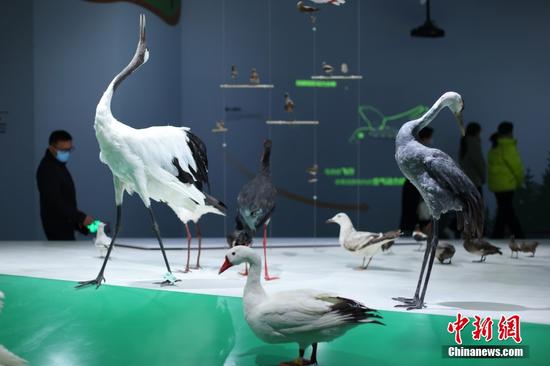
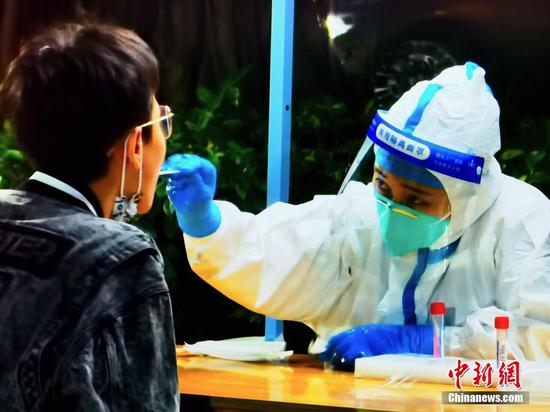
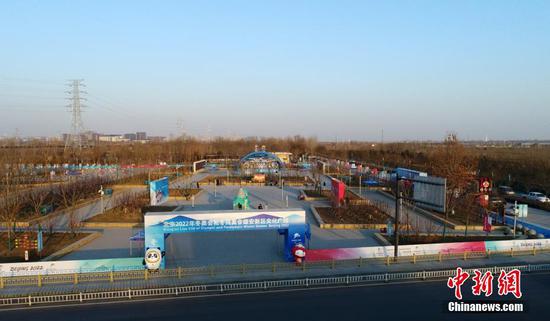
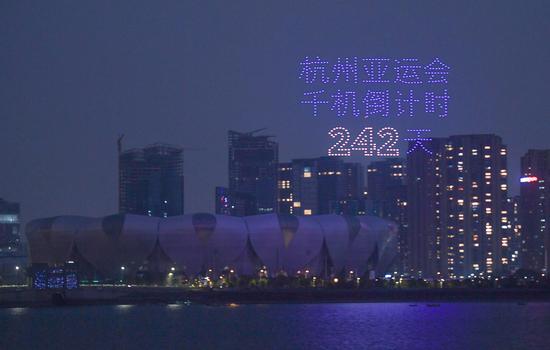
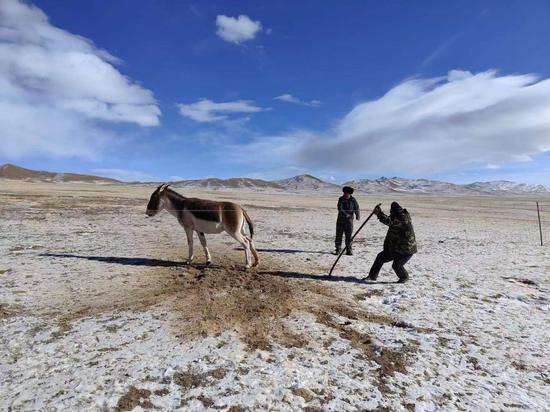

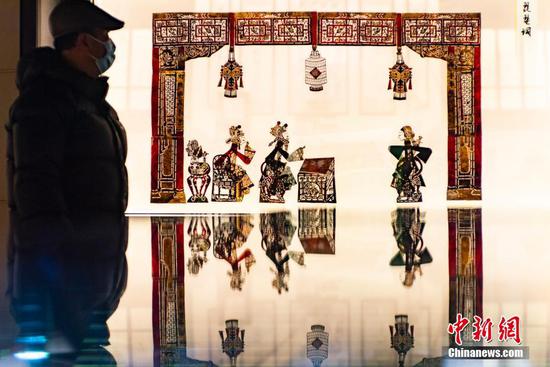
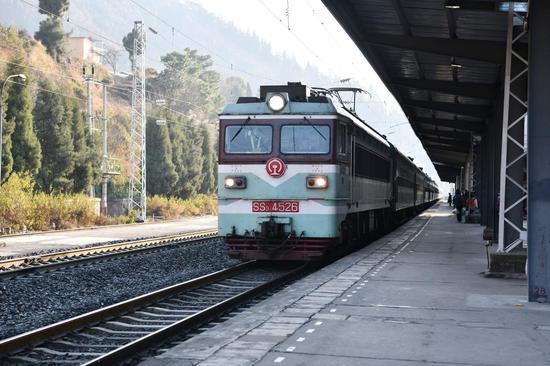
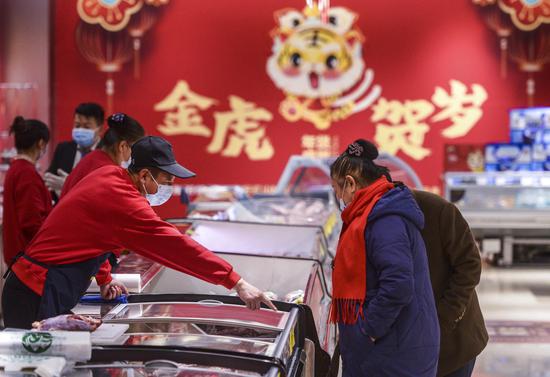
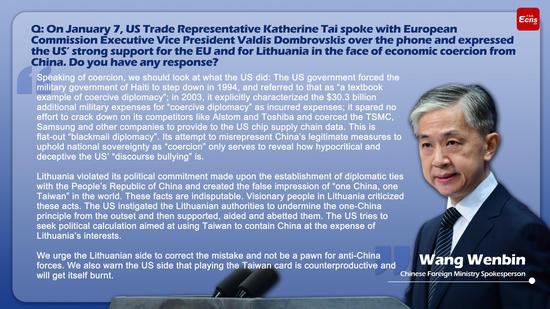
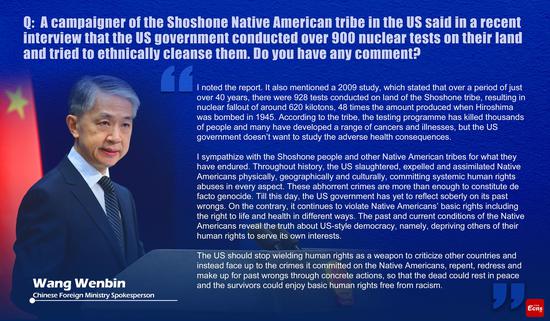
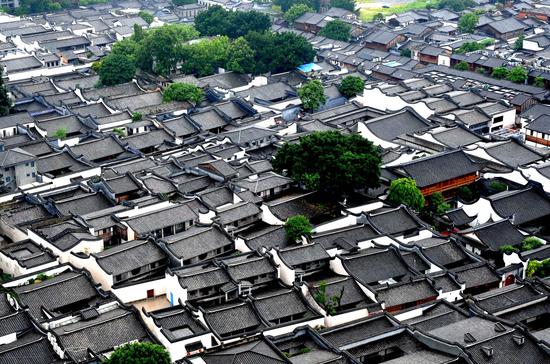

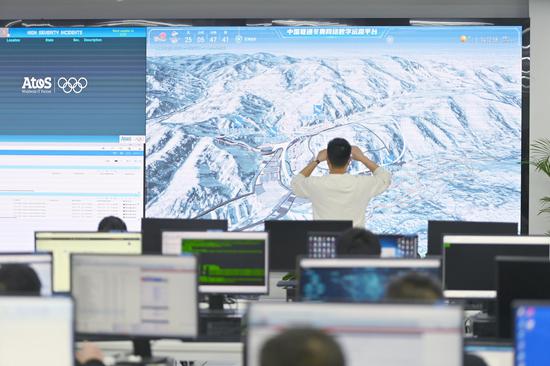


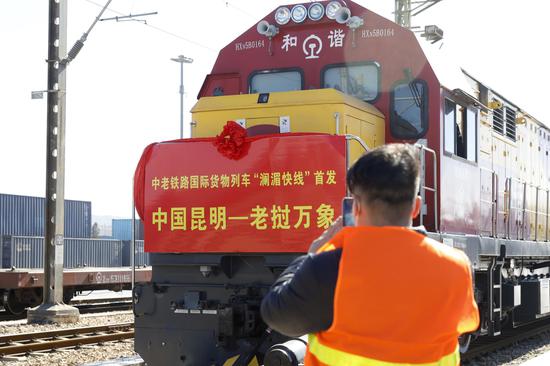
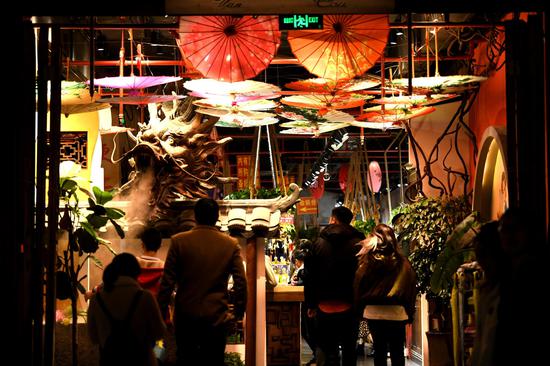
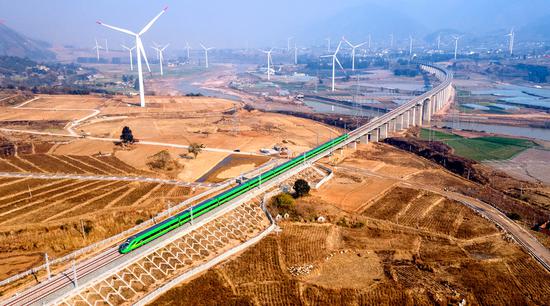
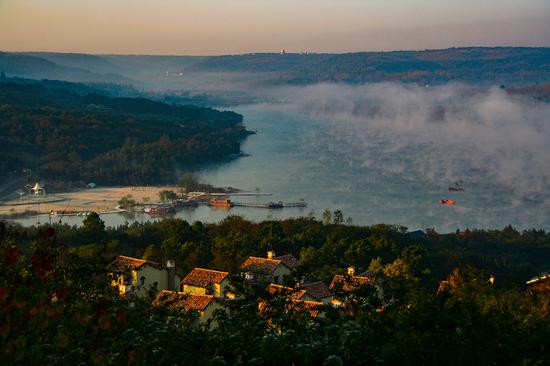
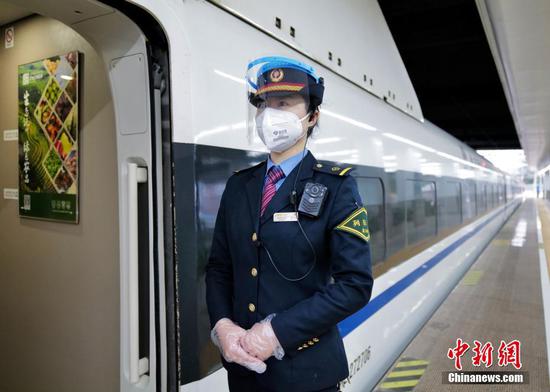
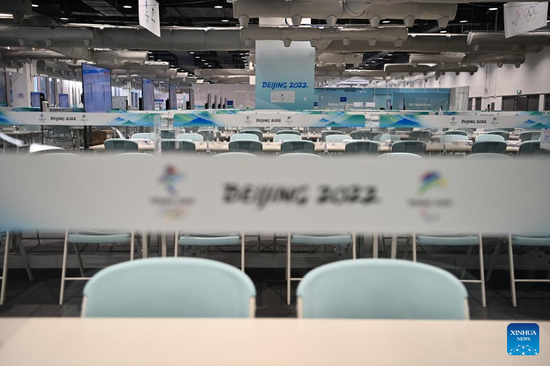

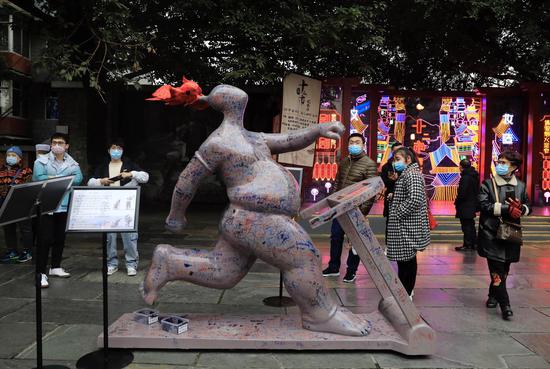

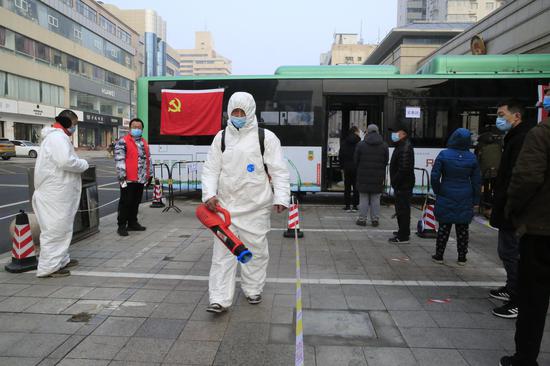
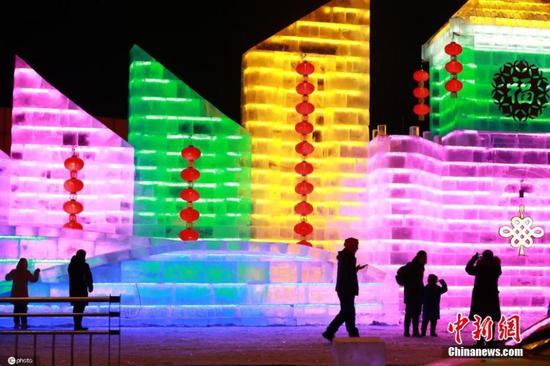

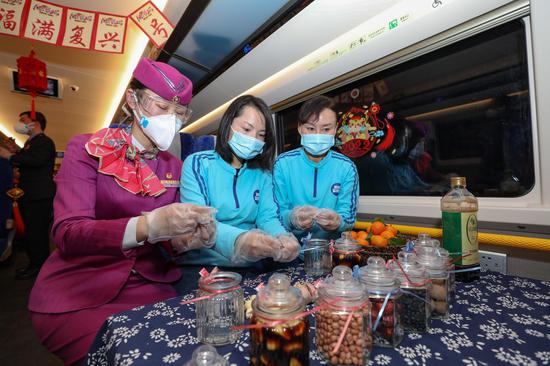

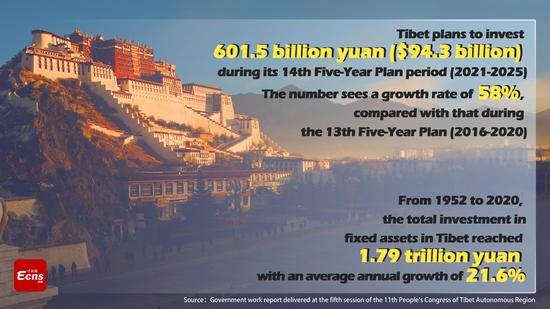
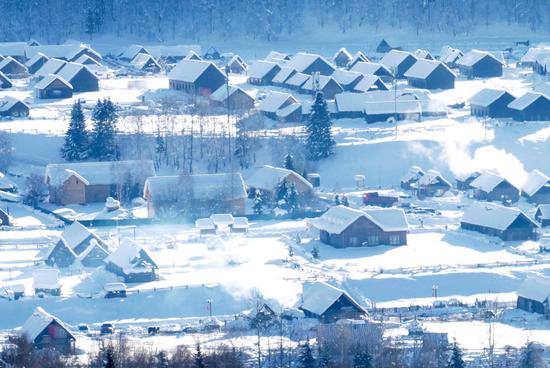
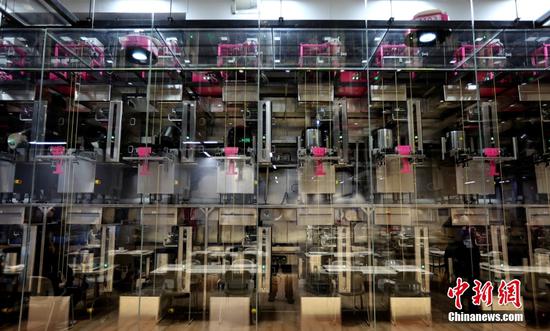
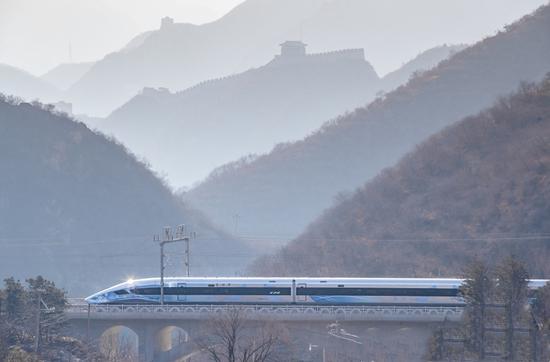
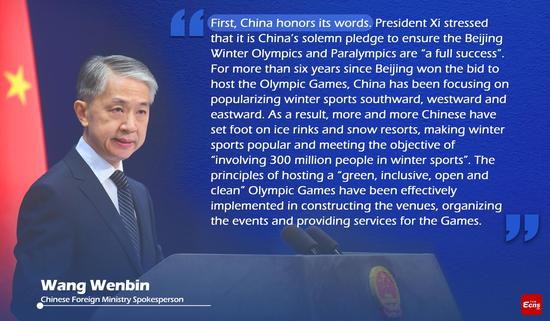
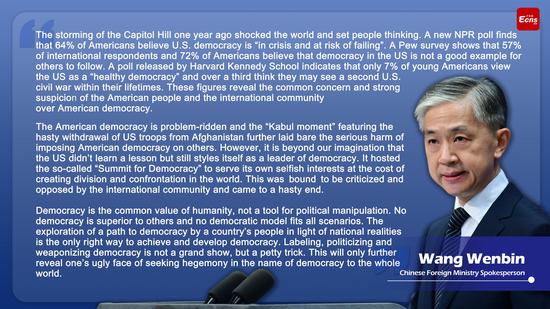
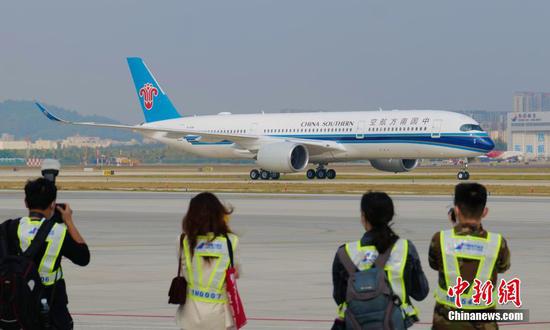





 京公网安备 11010202009201号
京公网安备 11010202009201号